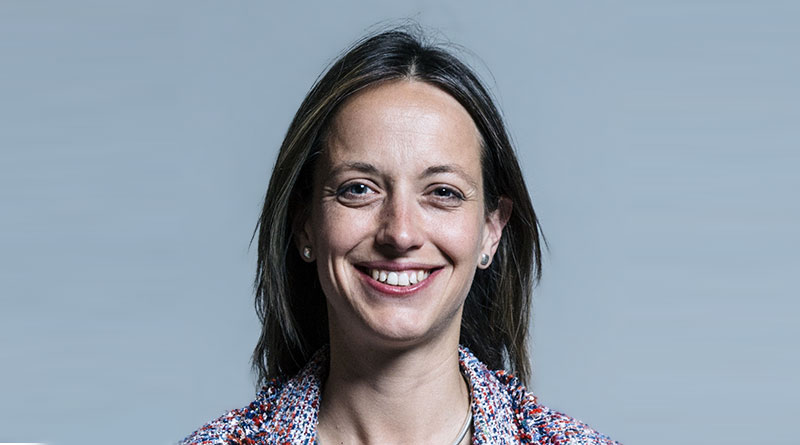Social Care Staff Urged To Respond To Call For Evidence
The social care workforce are being urged to respond to a call for evidence which will help shape a new Women’s Health Strategy.
This week the Minister for Care, Helen Whately, and Chief Nurse for Adult Social Care, Professor Deborah Sturdy, met with women working in social care to discuss the health issues affecting them in the sector.
The roundtable was organised to promote the Women’s Health Strategy’s call for evidence – by encouraging participants to complete the survey which aims to help reduce health inequalities, improve wellbeing and ensure health services are meeting the needs of women.
During the roundtable the Minister heard first-hand experiences of care workers and managers who spoke about their experiences of caring for people during a the pandemic. The government are urging women who are care workers to talk about their own personal experiences of the health and care sector and encouraging all social care workers regardless of gender to feed in about women they have looked after.
Mental health support and help with anxiety were raised as key challenges for the workforce, as well as the physical demands of caring, particularly as staff get older. Participants also raised issues around irregular shift patterns and healthy eating, with many having to buy unhealthier meals for convenience. Shift times during the pandemic and working extra hours meant that going to the shops and trying to get healthy food became a challenge for some women and their families. The Women’s Health Strategy will be guided by the experiences of women from all walks of life, and by sharing their views in the call to evidence they are helping create a health and care system that works for them.
Minister for Care Helen Whately said:
“Women make up 80% of the social care workforce and they have an incredibly important viewpoint. Not only do they have their own personal experiences of the health and care system but they care for many women who have multiple health conditions. Their perspective is second to none.
“There has already been an incredible response to the call for evidence for our Women’s Health Strategy, with over 50,000 women, organisations, clinicians and carers responding so far and it’s really important we capture the experiences and expertise of the social care workforce.
“I’d urge everyone working in social care to make their voice heard in our call for evidence, as it is vital we better understand more about women’s experiences in the workplace and in care, ultimately making health and care work better for us all.”
Chief Nurse for Adult Social Care, Professor Deborah Sturdy said:
“Millions of women play a crucial role supporting the health of so many across the NHS and social care every single day, but it’s important that the health and care system also works for them too. It was fantastic to speak to women working in social care to hear their views on how their mental and physical wellbeing can be supported in the workplace, and I want to encourage all women to take part in the call for evidence and help play their part in making sure the healthcare system meets the needs of all women.”
Professor Martin Green OBE, CEO, Care England said:
“It was fantastic to see so many Care England members on the women’s health roundtable with the Minister for Care. The Women’s Health Strategy discussed is a really timely piece, which Care England, the largest representative body for independent providers of adult social care, very much hopes will overturn some of the historical inequities that continue to be played out in the workplace and society. For example, breaking those taboos which are often applied to women’s health issues. As we advance, Care England will continue to work with the Minister for Care and the Department of Health and Social Care in their work on this crucial issue.”
Amanda Griffiths, Director of Quality at Voyage Care, said:
“I was delighted to join the Minister for Care and Deborah Sturdy today to discuss women’s health within the social care workforce.
“As the Quality Director of Voyage Care, it was both personally and professionally reassuring that the minister provided the opportunity and time to listen to a wide range of women from the social care sector and hear what really matters to us in relation to our current, previous and future health needs.”
Already more than 50,000 women, carers, clinicians and organisations have responded to the call and more views are needed. To enable as many women as possible to have their say, the call for evidence has been extended by 2 weeks, and will close on 13 June.
Women can share their views and experiences in the call for evidence consultation here.
An ‘easy read’ version can be found here.






